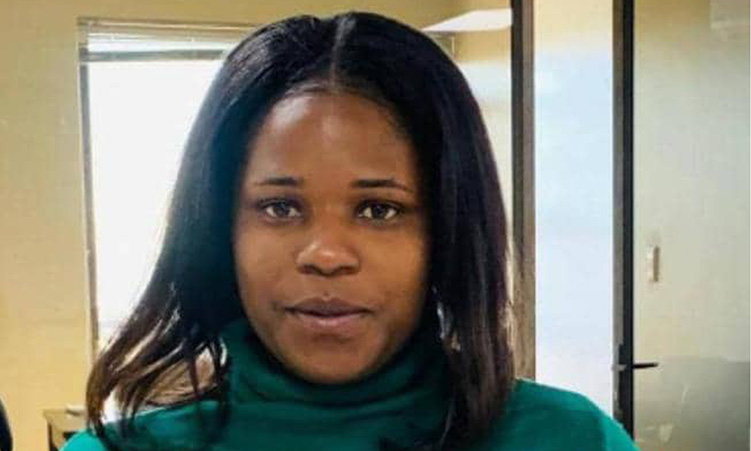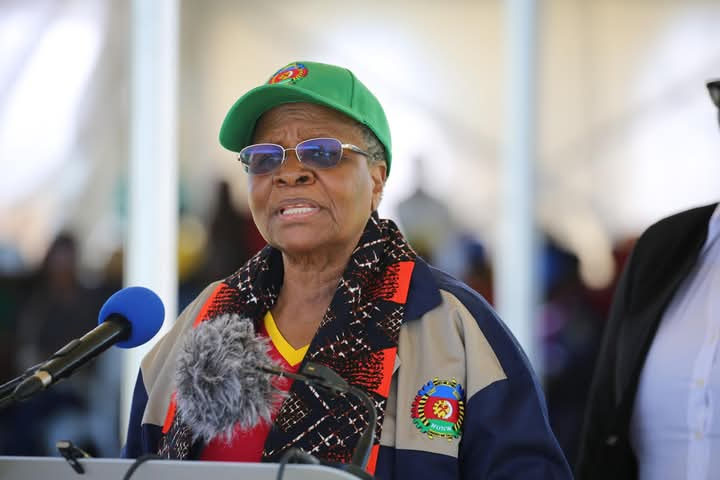MANY people were taken by surprise by the news that Zimbabwe President Robert Mugabe, and opposition Movement for Democratic Change’s Morgan Tsvangirai, had agreed to meet after years of open animosity between the two.
The pace picked up this week when it was announced that the two signed a deal which committed both sides to creating “a genuine, viable, permanent and sustainable solution”. While one should not negate the positive side to two sworn enemies agreeing to reconcile, particularly if one takes into account the high cost to that African country of one man’s intransigence and long-time refusal to even acknowledge the opposition MDC, the world should nevertheless not be lulled into complacently thinking that change there is a fait accompli because the two men have shaken hands.Amnesty International this week issued a statement in which they emphasised that the climate of fear inside Zimbabwe persists despite the ‘deal’ between the two political foes; and also went on to appeal that violent acts should not be pardoned simply because the two sides were now engaged in talks.As the power-sharing talks between the two were scheduled to start yesterday, Amnesty emphasised that “There can be no lasting political solution to the crisis in Zimbabwe without addressing past human rights violations.While human rights violations must end immediately, investigations must be carried out and alleged perpetrators brought to justice.”It added – and this has been corroborated by a variety of other reports – that it continued to receive reports of ongoing political violence and harassment, particularly in rural areas.Even since the signing of Monday’s ‘memorandum of understanding’ by the ruling party and opposition, victims of political violence have had to seek medical treatment for injuries sustained in attacks.Amnesty listed specific incidents that had taken place in the course of this week.The international human rights watchdog added “The attacks that have killed as many as 150, injured thousands and displaced tens of thousands over the last several months – and which continue to take place – must not be swept under the carpet in the interest of finding a short-term political solution,” said Amnesty International.”This would store up problems for further down the road.”While attempts are being made by all Zimbabwean political parties – and the Southern African Development Community, African Union and United Nations – to address the political and economic crisis, Amnesty International said that important questions of justice and impunity were not explicitly tackled in the ‘memorandum of understanding’ signed on Monday.”Any future deal between the parties should not include amnesties, pardons or any other measures that would prevent the emergence of the truth, a final judicial determination of guilt or non-guilt, and full reparations to victims and their families.”In signing the memorandum, the ruling party and opposition committed themselves to condemning the promotion and use of violence and to taking all measures necessary to ensure that the structures and institutions it controls are not engaged in acts of violence.We share the concerns of Amnesty that in spite of the latest political developments, Zimbabwe is still blanketed in a climate of fear.Until and unless the agreement reached between the two parties deals with issues of human rights, including the protection of freedom of expression, as well as freedom of association and assembly as is provided for under section 20 and 21 of the Constitution of Zimbabwe, we will be sceptical that the outcome of the new power-share deal is likely to improve basic living conditions of the majority of the people of that country.It may be an ‘important step’ in the eyes of some to resolving the stand-off which plunged the country into a political crisis, but at the end of the day, it must mean more than that in practical terms for the people of Zimbabwe to believe that a change for the better is in the offing.While one should not negate the positive side to two sworn enemies agreeing to reconcile, particularly if one takes into account the high cost to that African country of one man’s intransigence and long-time refusal to even acknowledge the opposition MDC, the world should nevertheless not be lulled into complacently thinking that change there is a fait accompli because the two men have shaken hands.Amnesty International this week issued a statement in which they emphasised that the climate of fear inside Zimbabwe persists despite the ‘deal’ between the two political foes; and also went on to appeal that violent acts should not be pardoned simply because the two sides were now engaged in talks.As the power-sharing talks between the two were scheduled to start yesterday, Amnesty emphasised that “There can be no lasting political solution to the crisis in Zimbabwe without addressing past human rights violations.While human rights violations must end immediately, investigations must be carried out and alleged perpetrators brought to justice.”It added – and this has been corroborated by a variety of other reports – that it continued to receive reports of ongoing political violence and harassment, particularly in rural areas.Even since the signing of Monday’s ‘memorandum of understanding’ by the ruling party and opposition, victims of political violence have had to seek medical treatment for injuries sustained in attacks.Amnesty listed specific incidents that had taken place in the course of this week.The international human rights watchdog added “The attacks that have killed as many as 150, injured thousands and displaced tens of thousands over the last several months – and which continue to take place – must not be swept under the carpet in the interest of finding a short-term political solution,” said Amnesty International.”This would store up problems for further down the road.”While attempts are being made by all Zimbabwean political parties – and the Southern African Development Community, African Union and United Nations – to address the political and economic crisis, Amnesty International said that important questions of justice and impunity were not explicitly tackled in the ‘memorandum of understanding’ signed on Monday.”Any future deal between the parties should not include amnesties, pardons or any other measures that would prevent the emergence of the truth, a final judicial determination of guilt or non-guilt, and full reparations to victims and their families.”In signing the memorandum, the ruling party and opposition committed themselves to condemning the promotion and use of violence and to taking all measures necessary to ensure that the structures and institutions it controls are not engaged in acts of violence.We share the concerns of Amnesty that in spite of the latest political developments, Zimbabwe is still blanketed in a climate of fear. Until and unless the agreement reached between the two parties deals with issues of human rights, including the protection of freedom of expression, as well as freedom of association and assembly as is provided for under section 20 and 21 of the Constitution of Zimbabwe, we will be sceptical that the outcome of the new power-share deal is likely to improve basic living conditions of the majority of the people of that country.It may be an ‘important step’ in the eyes of some to resolving the stand-off which plunged the country into a political crisis, but at the end of the day, it must mean more than that in practical terms for the people of Zimbabwe to believe that a change for the better is in the offing.
Stay informed with The Namibian – your source for credible journalism. Get in-depth reporting and opinions for
only N$85 a month. Invest in journalism, invest in democracy –
Subscribe Now!










